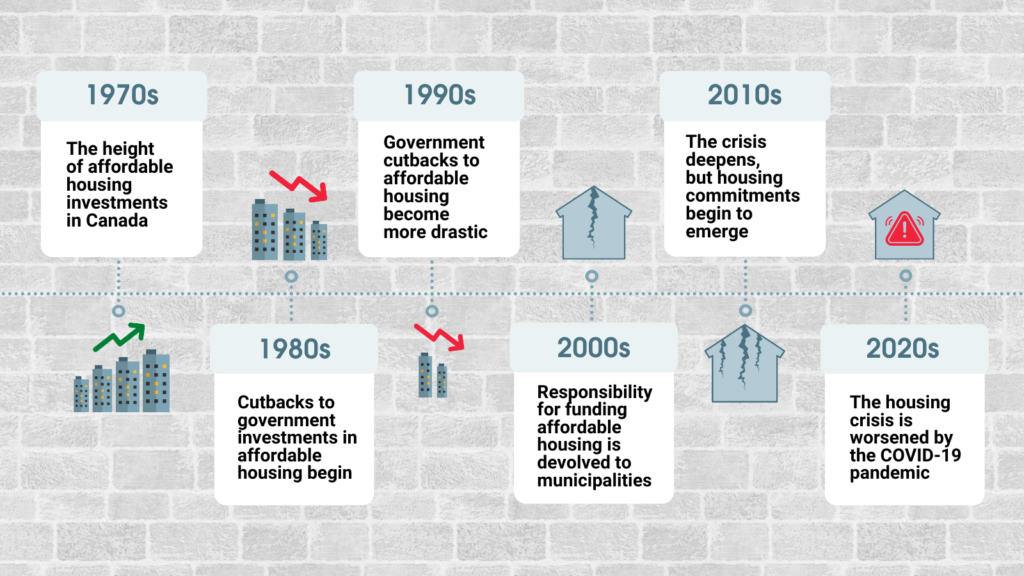You’re using an outdated browser
Some parts of the website may not display or function correctly. For security and performance reasons, you should update your browser to a supported version. Click here to close this message.
We’ve talked about how expensive housing has become, how hard it is to get mental health support, and how once one finds themselves homeless, the pernicious relationship between homelessness and mental illness creates a vicious cycle that becomes hard to get out of due to the lack of services, and leads some to advocate for hostile policies towards those experiencing homelessness. Those detractors contribute to the focus of this article: the relationship between stigma and housing.
Those in the media and the culture more widely who propagate the belief that homeless people are fundamentally corrupted by addiction and mental illness contribute to the stigma that unhoused persons face when looking for housing. However, only identifying the individual struggles that homeless people are dealing with is a way to obscure the real issues. The socio-economic conditions for homelessness and untreated mental illness are what create these problems, and without changing those conditions, the problem cannot be solved.
One of the factors that created these conditions was the neoliberal shift away from the state acting in social and economic life in favour of private market actors. The Fraser Institute, a libertarian think tank, bemoaned the state of Canadian housing policy in the 1970s, complaining that “housing policy is more and more being used as a vehicle for redistributing income in Canada and that as a by-product, the policies are destroying the private sector’s incentive and ability to supply housing.” To a libertarian, the state redistributing income is an undesirable outcome. Fortunately for the Fraser Institute, Canadian governments and society on the whole took their advice and got out of the business of providing housing.

Unfortunately for us, the state’s retreat from providing housing is a large contributor to the housing crisis we’re now living in. Providing decent housing and other necessary services to those who don’t earn a lot isn’t going to be the most profitable venture, and so it’s perhaps unsurprising that as we have relied on private market actors to provide these necessary social goods in the absence of state intervention, those private market actors have failed to do so.
With the degradation of investment into social housing and other programs aimed at supporting the homeless, we see more stigma towards those needing housing supports. Fewer and fewer units available mean that residents have to take what they can get and not put pressure on their landlords to maintain the properties, with the overall lack of adequate investment contributing to the lack of maintenance. When this dynamic is allowed to drag on, people begin to foster negative feelings towards social housing as a blight upon their communities rather than being the pillar of social health that it ought to be.
Thus we come to the infamous NIMBY-minded person, who might want to see those in need receive the help they need, but ‘not in my backyard.’ When a person assumes that the people who would move into social housing will cause problems, that’s stigma. And when a person goes to a community advisory meeting to oppose a new low-income housing project or homeless shelter being built, that’s stigma in action worsening the housing crisis.
With this in mind, we encourage you, dear reader, to adopt a YIMBY mindset, to welcome action on combating the housing crisis. Not only is it the right thing to do, but there are a number of benefits that can accrue to communities that effectively implement housing and health services for those who need them. If enough of us agree about that, we can end the housing crisis and overcome stigma around affordable housing. We can provide affordable, decent housing to everyone — if we want to.